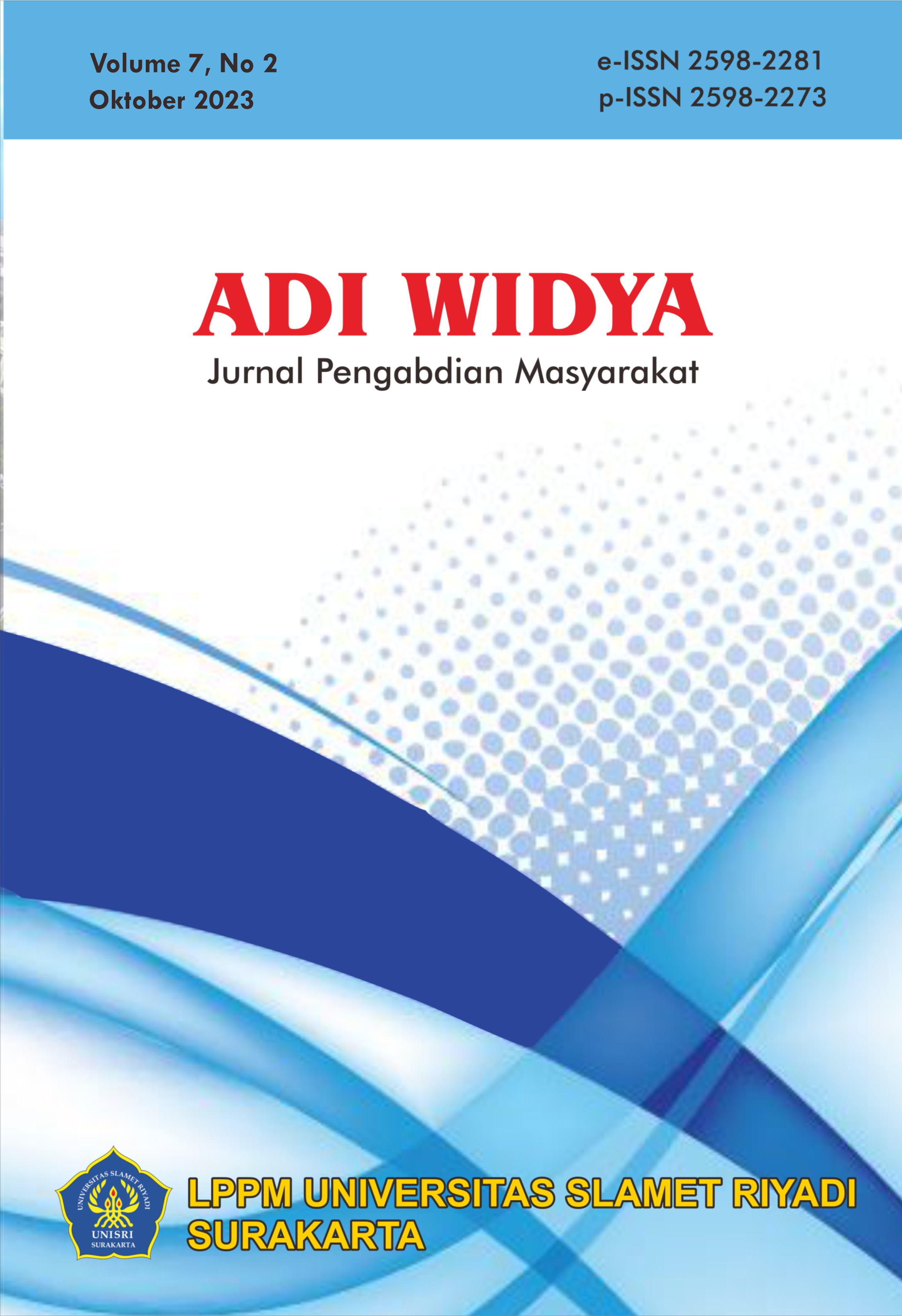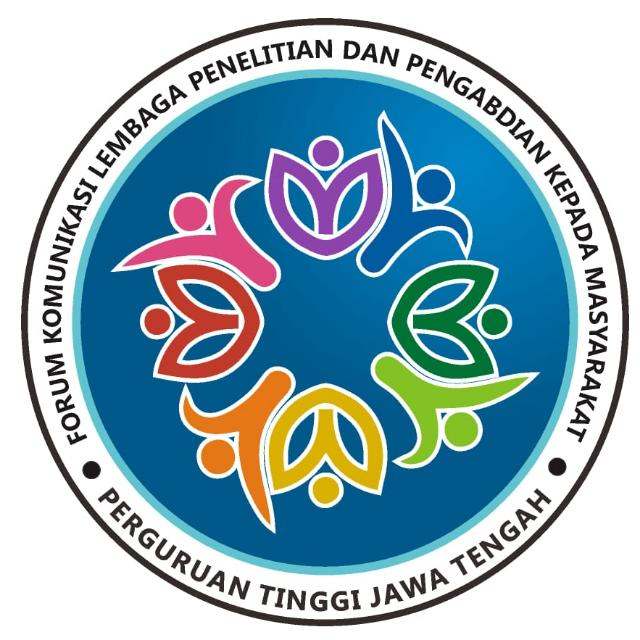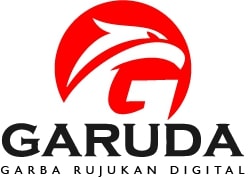MODEL QUADRUPLE HELIX DALAM PENGELOLAAN PUSAT BACA MASYARAKAT SEBAGAI SARANA BELAJAR ANAK
DOI:
https://doi.org/10.33061/awpm.v7i2.9450Abstract
Community Reading Center (TBM) as a means for children to learn is one of the programs formulated by the government to build a learning community by increasing children's interest in reading. However, it isn’t all TBM are able to support this purpose due to existence of conditiions facing it, as experienced by TBM Al Bayun in Bandasari Village. Therefore, in the Unpad’s PKM (Integrated KKN-PPM) activity, it is generally intended to assist the village government in carrying out one of its tasks, while specifically intended to help the management of Al Bayun TBM to become a child learning facilities. The Model chosen for the implementation of its activities is the quadruple helix collaboration. While the method of activity is in the form of assistance, counseling to the community related to literacy, and technical guidance in managing TBM. PKM can be held as planned and generally, the set of activities in TBM management can be carried out properly. This is inseparable from the collaboration between the government, universities, publishing business actors, and civil society. The four collaborating parties can play their respective roles so that the aims and objectives of PKM activities can be achieved. This success also shows that with collaboration, the problems faced are more likely to be handled and all limitations can be completed
Downloads

Downloads
Published
How to Cite
Issue
Section
License
Copyright (c) 2023 Iyep Saefulrahman

This work is licensed under a Creative Commons Attribution-NonCommercial-ShareAlike 4.0 International License.
- Hak publikasi atas semua materi informasi yang tercantum dalam situs jurnal ini dipegang oleh dewan redaksi/editor dengan sepengetahuan penulis. Pengelola Jurnal akan menjunjung tinggi hak moral penulis.
- Aspek legal formal terhadap akses setiap informasi dan artikel yang tercantum dalam situs jurnal ini mengacu pada ketentuan lisensi Creative Commons Atribusi-NonCommercial-No Derivative (CC BY-NC-ND), yang berarti bahwa hanya dengan izin penulis, informasi dan artikel Jurnal PKM dapat didistribusikan ke pihak lain dengan tanpa merubah bentuk aslinya untuk tujuan non-komersial.
- Setiap terbitan Jurnal PKM, baik cetak maupun elektronik, bersifat open access untuk tujuan pendidikan, penelitian, dan perpustakaan. Di luar tujuan tersebut, penerbit atau pengelola jurnal tidak bertanggung jawab atas terjadinya pelanggaran hak cipta yang dilakukan oleh pembaca atau pengakses.











